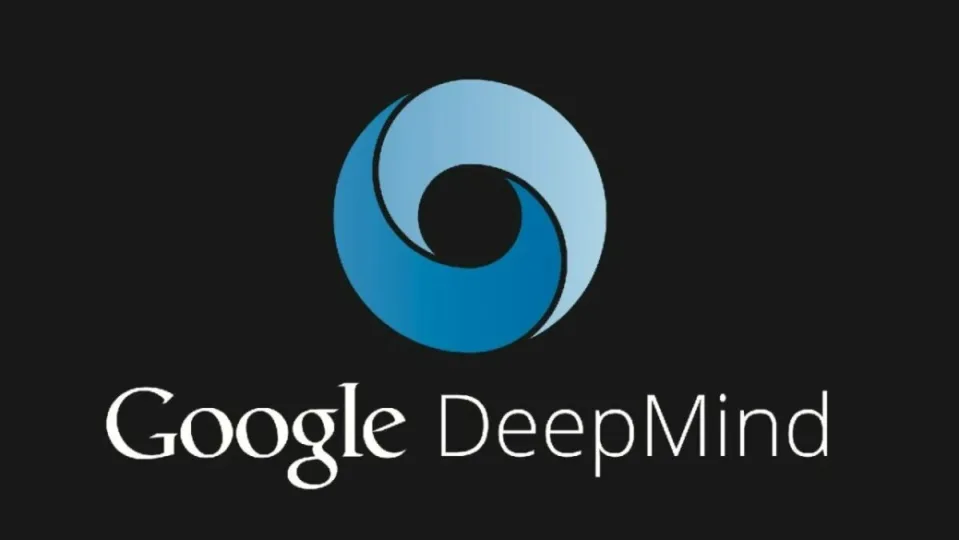Although Bard, Google’s AI, has had some “discreet” results after its public launch at the end of March, the company is far from throwing in the towel on the world of AI. Sundar Pichai, CEO of Google and Alphabet, its parent company, has announced the merger of its two divisions specializing in AI: Brain and DeepMind, to form Google DeepMind.
In his blog post, Pichai confirms that Demis Hassabis, the CEO of DeepMind, will now be the general manager of Google DeepMind, in order to “lead the development of our most capable and responsible general AI systems.” In addition, Jeff Dean, the former senior vice president of Google Research and Health and co-founder of Google’s Brain team, will take over as chief scientist of Google Research and Google DeepMind.
Addressing his employees, Hassabis shows in a post on DeepMind’s website his excitement with this merger: “Together, in close collaboration with our fantastic colleagues across all product areas at Google, we have a real opportunity to deliver AI research and products that will dramatically improve the lives of billions of people, transform industries, advance science, and serve diverse communities.”

“By creating Google DeepMind, I believe we can get to that future faster. Building increasingly capable and general AI, safely and responsibly, requires us to solve some of the most difficult scientific and engineering challenges of our time,” continues Google DeepMind’s current CEO.
But Google and DeepMind have not always had a good relationship. The merger between the company acquired by Google in 2014 and the Brain team comes two years after DeepMind tried, unsuccessfully, to gain more independence from Google when the company began pressuring DeepMind to start marketing the products it had developed.
While the merger shows Google’s high hopes for AI, this does not guarantee success for a company known for scrapping many of its products over time. Google’s huge list of failures includes famous examples, such as Google Stadia, Google Hangouts or YouTube VR, among dozens and dozens of products. Will Bard make this list or will Google’s efforts pay off?
Some of the links added in the article are part of affiliate campaigns and may represent benefits for Softonic.


